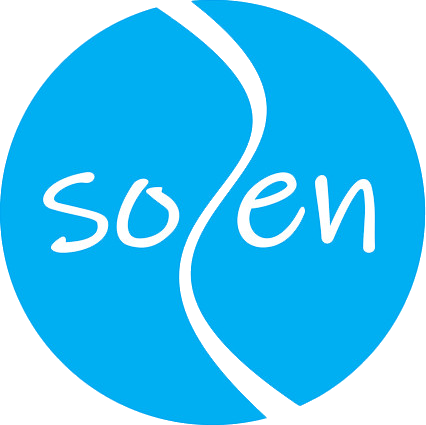Concept: Household waste is waste that people do not use and waste in daily life such as plastic bags, food, fruit peels, unusable or damaged objects, etc. and is divided into 3 types: recyclable waste, organic waste and inorganic waste.
- Regulations on classification and classification methods.
- Article 75 of the Law on Environmental Protection 2020 stipulates that household waste generated by households and individuals is classified as follows:
+ Solid waste can be reused and recycled;
+ Food waste;
+ Other household solid waste.
- Classification method
+ Biodegradable organic waste: is waste that easily rots in natural conditions and produces a foul odor such as: leftover and spoiled food (vegetables, dead fish…), fruit peels, ….
+ Persistent waste is divided into two types: recyclable and non-recyclable waste. Recyclable waste is waste that can be reused many times directly or reprocessed such as: paper, cardboard, metal (iron frames, broken ship engines,…), plastics…. Non-recyclable waste is the waste portion.
- Benefits of classifying waste at source
- Contribute to saving resources; bringing benefits to waste source owners from utilizing recycled scrap and self-processed compost;
- Reduce pollution;
- Contribute to raising community awareness about the protection and reasonable use of resources and the environment;
- Minimize the total amount of waste in the community discharged into the environment to reduce the load on the environment and save on collection, transportation and treatment costs.
- Difficulties and limitations in implementing household waste classification at source
- Because people’s perception of classification is still limited
- The organization and implementation of waste classification has not taken place synchronously
- There is not enough infrastructure and equipment to carry out classification, collection and transportation.
- Investment costs for the household waste classification program at source are not high.
- Regulations on classification
- According to the provisions of Clause 7, Article 79 of the 2020 Law on Environmental Protection, no later than December 31, 2024, households and individuals must classify household solid waste according to Clause 1, Article 75 of the Law on Environmental Protection. 2020 and implement service prices for collecting, transporting and treating household solid waste according to the provisions of Clause 1, Article 79 of the Law on Environmental Protection 2020. After December 31, 2024, Households do not If you classify waste according to regulations, you will be fined and pay the price of collection, transportation and treatment services according to regulations.
- The penalty level does not classify household waste
Clause 1, Article 26 of Decree 45/2022 stipulates: Fines from 500,000 VND to 1,000,000 VND for households and individuals not classifying household solid waste according to regulations; Do not use packaging for household solid waste according to regulations.
References: Environmental Protection Law 2020



 Tiếng Việt
Tiếng Việt 日本語
日本語